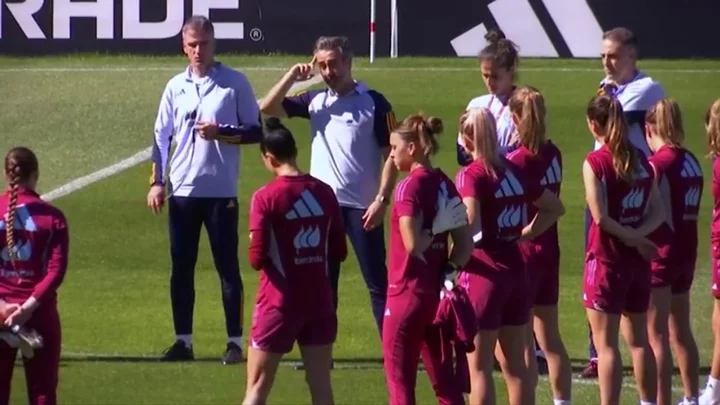Those watching the Women's World Cup online this year have noticed something pretty irritating.
Their feeds have lagged behind those watching the action unfold on TV, meaning they often find out about goals and big events on social media before they play out on screen.
The online lag has been up to two minutes for some, so it is very frustrating.
But this is just life, unfortunately.
Online streaming content has a longer way to travel than that of live television broadcasts.
A game playing on BBC iPlayer needs to come from the venue, to the broadcaster, then to the content delivery network, a system of distributed computer servers that deliver web pages and other online content to internet users, and then to the home.
On the other hand, TV broadcasts skip the content delivery network part of the process and so it is faster.
So is there any hope for those of us doomed to watch TV online?
Maybe.
A BBC spokesperson told The Independent, the issue may soon be a thing of the past.
"Currently, live broadcast coverage is quicker to get to people’s homes than coverage streamed live over the internet," the spokesperson said.
"There are many factors that affect this but, at the moment, live online video goes through a process that introduces greater latency when compared to the more direct TV broadcast. While this is normal today, innovation in online streaming technology is driving continuing improvements, including reducing the delay.”
The Lionesses will play Spain on Sunday, marking the first time an England team has got into a World Cup final since 1966.
It is all to play for - even if it will take a bit longer for online viewers to see if it comes home or not.
Sign up to our free Indy100 weekly newsletter
Have your say in our news democracy. Click the upvote icon at the top of the page to help raise this article through the indy100 rankings.

